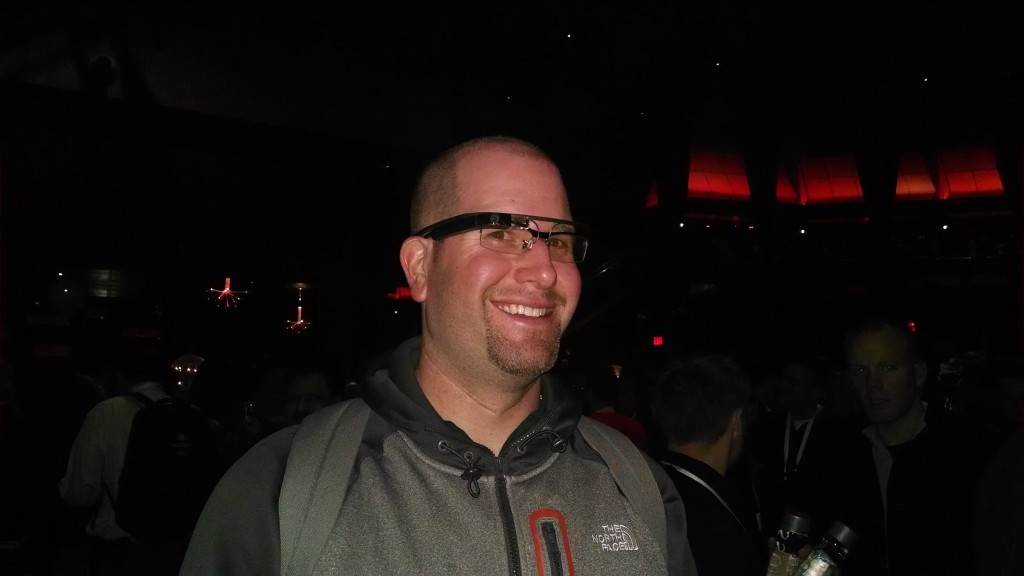In 1982 when I was in first grade at Hillel Day School, a Jewish day school in Metropolitan Detroit, my father brought in our family’s Apple II computer for show-and-tell. There were no computers in the school at that time so it was a seminal technological moment for the school. I’m sure my father figured he would blow my classmates minds by showing them how to type a few lines of the LOGO programming language and get the turtle cursor to turn and move across the screen. However, my peers didn’t have any mind-blowing experiences that day — it was only the beginning of what our generation would come to expect from computers and technology.
Fast forward to 2013 when, earlier this week, I was a guest speaker in my son’s third grade classroom at the same Jewish day school. Speaking on the subject of technology and Jewish education, I became nostalgic and told the students how when I was their age we would save one word processing document on a floppy disc. I then took a USB flash drive out of my pocket to explain Moore’s Law — the observation that, over the history of computing hardware, the number of transistors on integrated circuits doubles approximately every two years. They weren’t impressed. These young people have become accustomed to better, smaller, faster technology being rolled out every few months. They see their parents turning in their smartphones for better ones and downloading new versions of operating systems. They know that the graphics on the next generation of video game consoles in their basements will be more realistic than the ones before.
